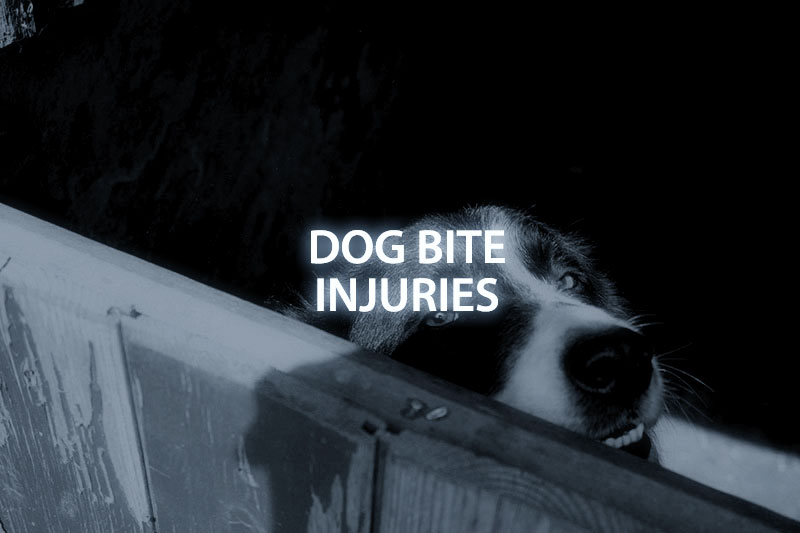In California, dog bite laws are designed to address and mitigate incidents involving dogs that lead to injuries and trauma. These laws provide a framework for determining liability and ensuring that victims of dog bites can seek compensation for their injuries. However, there’s a common misconception that a dog’s teeth must break the skin for an incident to be legally recognized as a “bite.” This post delves into what constitutes a dog bite under California law, debunking myths and providing clarity on this important issue.
Defining a Dog Bite
California’s approach to defining a dog bite is more comprehensive than many people realize. According to California Civil Code Section 3342, the person bitten by a dog is protected under the law, but the specifics of what qualifies as a “bite” can extend beyond the immediate expectation of skin puncture or tearing.
Beyond Breaking the Skin
Under California law, a dog bite does not necessarily require the dog’s teeth to break the skin to be considered as such. This broader interpretation aims to encompass a range of injuries and scenarios that can occur during an encounter with a dog. For example, if a dog’s mouth comes into contact with a person, and their teeth clamp down in any capacity – be it on skin or clothing – and that action restricts or controls the person’s movement or causes them distress or injury, it could be classified as a bite.
This interpretation is significant because it acknowledges that dog bites can cause harm without leaving visible marks or breaking the skin. It also recognizes the potential for clothing to protect the skin from being punctured while still allowing significant force or pressure to be applied by the dog, leading to bruises, crush injuries, or psychological trauma.
A Wide Range of Injuries
By considering actions where a dog grabs onto someone with its mouth as part of what constitutes a bite, California law covers a broad spectrum of injuries. This inclusivity is crucial for victims who may suffer from various consequences following a dog bite incident, regardless of whether the skin was broken. It reflects an understanding that the impact of such incidents can be profound and multifaceted, involving physical injuries, emotional distress, and financial burdens due to medical treatment and recovery time.
Implications for Dog Owners and Victims
This comprehensive definition of a dog bite reinforces the responsibility of dog owners to maintain control over their pets and prevent them from causing harm to others. It also empowers victims, providing them a solid foundation to seek justice and compensation for their injuries, even in cases where the physical evidence might not be immediately apparent.
Need Help, Contact Dog Bite Attorney Caryn Warren!
Understanding what constitutes a dog bite under California law is vital for both dog owners and potential victims. The law’s broad interpretation ensures that individuals are protected in a variety of scenarios, emphasizing the seriousness of any incident where a dog uses its mouth to grab or hold onto a person. It underscores the importance of responsible pet ownership and the legal protections in place to address and compensate for injuries resulting from dog bites. Whether you’re a dog owner or someone who has experienced a dog-related injury, it’s crucial to recognize the nuances of California’s dog bite law and how it applies to different situations.
Personal Injury & Criminal Defense Services Available Throughout
Greater Sacramento, Yolo, Placer, and Solano Counties
Antelope, Arden-Arcade, Auburn, Benicia, Carmichael, Citrus Heights, Davis, Dixon, Elk Grove, Fairfield, Fair Oaks, Folsom, Galt, Gold River, Granite Bay, Iselton, Lincoln, Loomis, North Highlands, Orangevale, Rancho Cordova, Rio Linda, Rio Vista, Roseville, Rocklin, Sacramento, Suisun City, Vacaville, Vallejo, West Sacramento, Winters, Woodland

